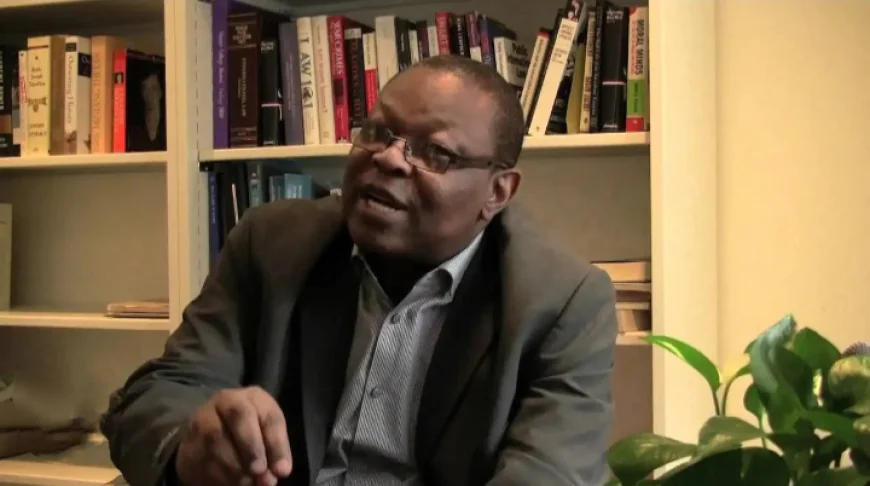Emmanuel Bombande Slams Israel’s Middle East Strategy, Warns of Global Risks from Iran Conflict
Veteran peacebuilder Emmanuel Bombande criticises Israel’s narrative manipulation in its conflict with Iran, urging global accountability and warning of economic and diplomatic fallout for developing nations.

Veteran peacebuilding advocate and former Ghanaian Deputy Foreign Minister Emmanuel Bombande has sharply criticised Israel’s approach in its ongoing military conflict with Iran, accusing the country of weaponising public perception to consistently portray itself as a victim while acting as an aggressor in the region.
Speaking on Joy News’ PM Express on Tuesday night, Bombande said Israel’s recent retaliatory strikes on Iranian military installations are part of a sophisticated public relations strategy that distorts reality in the Middle East.
“It underscores their sense of entitlement—to the extent that they have become very sophisticated in orchestrating how, as an aggressor, they are always a victim,” Bombande remarked.
“Everybody must see it the way they see it, but they are not prepared to see it the other way around.”
Narrative Control Threatens Honest Mediation
His comments follow Israeli airstrikes last Friday, which reportedly killed several senior Iranian military officials, intensifying fears of a broader regional war.
While Bombande avoided direct criticism of Israel’s military tactics, he emphasised that the dominant international narrative shields the country from accountability, undermining genuine efforts at peace and diplomacy.
“The narrative gives them cover,” he said. “And that’s dangerous for the global community if we’re serious about peace.”
Ghana’s Policy of Positive Neutrality
Reflecting on Ghana’s approach to international conflicts, Bombande cited the country’s tradition of “positive neutrality”—a stance that favors mediation over alignment.
“The antecedents of our foreign policy are that when there is a global crisis such as the one we have, Ghana wants to mediate and be an intermediary,” he explained.
He defended Ghana’s recent abstentions during United Nations votes on Middle Eastern affairs, asserting that such decisions align with the country’s peace-focused diplomatic values.
Economic Risks for Developing Nations
Bombande also highlighted the broader economic implications of escalating Middle East violence, particularly for developing economies like Ghana that are still recovering from years of global financial instability.
“We are a developing country—and so is much of Africa—so you do not want the destabilisation of various aspects of our global landscape that now puts pressure on our capacity to pursue our vision.”
He warned that large-scale conflict in the region could undo recent economic progress made by Ghana, including improved indicators in debt, trade, and inflation.
“The last thing we need is the type of instability that draws us back to where we came from—and we do not want to be there again.”
As the Iran-Israel conflict escalates, Bombande’s message was clear: without a shift toward balanced diplomacy and truthful narratives, the ripple effects of war could deeply impact not just the Middle East, but global peace and prosperity—particularly in the Global South.


